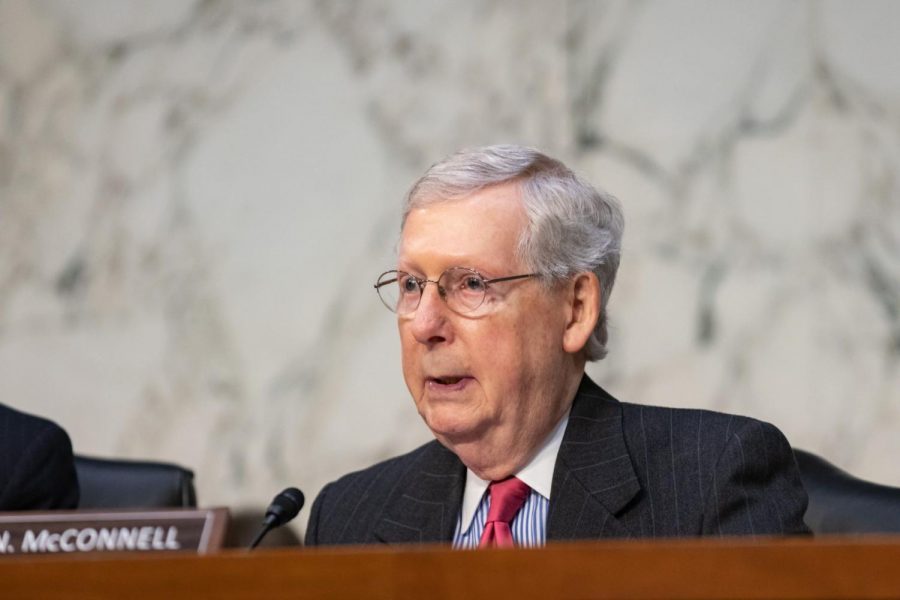Saturday marked President Donald Trump’s nomination of Judge Amy Coney Barrett to fill the now-vacant seat on the Supreme Court left by the passing of Justice Ruth Bader Ginsburg 10 days ago. Senate Republicans reacted to this news by gearing up to confirm Trump’s nominee as soon as humanly possible. However, they promptly met swift blowback from Democrats incensed at any attempt to bring in a new Justice with only 38 days remaining for the election.
The case against bringing in a new Justice this close to the presidential election is clear. To echo the now timeless words of Sen. Mitch McConnell, R-Ky., “The American people should have a voice in the selection of their next Supreme Court Justice. Therefore, this vacancy should not be filled until we have a new president.” McConnell’s belief — that the citizens’ choice of a president will make apparent their expectations from a new justice — certainly rings true today. In an increasingly polarized political climate, ensuring that our government accurately reflects the will of the people, and can thus safeguard their well-being, is more necessary than ever. Sen. Orrin Hatch, R-Utah, explained it best when in 2016 he said “…this is so important, it should not be brought up in this messy time, and it ought to be brought up for the next president, whoever that may be.” Hatch’s statement especially holds true in the present circumstances, given the failure of our national institutions in handling the COVID-19 pandemic. Now more than ever, Americans need to have confidence in the integrity of their judicial system. Moreover, pushing a nominee into the most significant court in the country just days before the election, does not seem to be the move of someone confident that their pick will hold under the new president.
Back in 2016, when President Barack Obama nominated Judge Merrick Garland to fill the Supreme Court vacancy left by the passing of Justice Antonin Scalia, the Republican majority Senate had refused to even hold a confirmation hearing for Garland, insisting that the vacancy be filled by the next president. That was 11 months before the 2016 presidential election. Now, McConnell and Hatch and all the other members of the Senate Judiciary Committee who had once published a letter espousing that their refusal to confirm the presidential nominee during an election year was “a decision is based on constitutional principle and born of a necessity to protect the will of the American people”, are suddenly silent.
The discrepancy in the attitudes held by the same people between 2016 and today is glaringly obvious. This hypocrisy is emblematic of a larger problem — hyper-partisanship overriding the commitment of elected officials to make decisions for the benefit of their constituents, rather than their political party. We have incredibly influential politicians unabashedly reversing course on sweeping statements they made a scant four years back over nothing but party affiliation. In a bid to get that coveted sixth conservative Supreme Court justice, the grand posturing over preserving the “integrity” or “voice” of the American people has fallen to the wayside. This is seemingly nothing but a necessary sacrifice in order to create an outsized conservative presence on yet another one of the three branches of government.
Politics simply ruled by a desire to get one’s party in power, regardless of the dire consequences that could bring, is reprehensible. This has to stop. Demanding that these congressmen now take ownership of their own past arguments is the first step. After all, as McConnell said, “Let’s not allow partisan fighting on one issue to prevent the Senate from addressing other priorities, such as our economy and national security. Instead, let’s focus on where we can agree.” I believe we can all agree that we need to address the inability of our politicians to put aside their party and do what’s best for the American people.
Srija Nagireddy can be reached at [email protected].




















